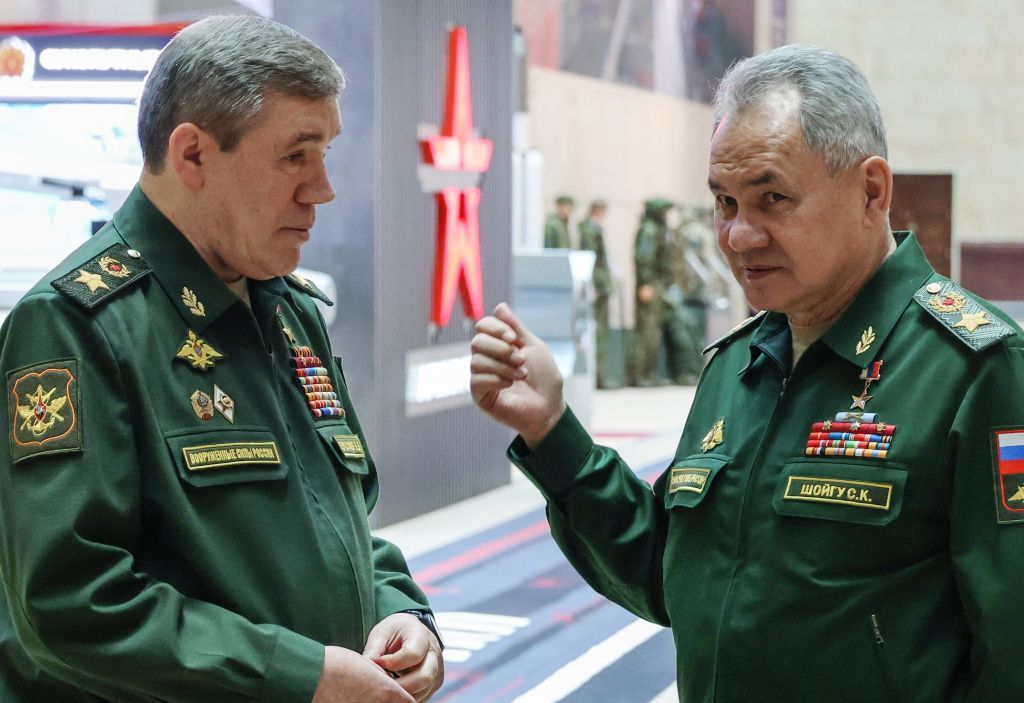Zelensky submits package of bills to parliament to ratify Rome Statute of ICC

President Volodymyr Zelensky submitted on Aug. 15 a package of bills to Ukraine's parliament, the Verkhovna Rada, to ratify the Rome Statute of the International Criminal Court (ICC).
Ukraine signed the Rome Statute in 2000 but has not ratified it since then. In 2015, Ukraine declared the necessity of ratification through a decision made by the National Security and Defense Council.
Following the beginning of Russia's full-scale invasion of Ukraine in 2022, the Ukrainian authorities considered ratifying the Rome Statute, but only after the end of the war.
One of the draft laws stipulates that Ukraine will ratify the provisions of the Rome Statute, which will mean the country's full accession to the International Criminal Court.
Yet, the draft law includes a clause saying that Ukraine does not recognize the International Criminal Court's jurisdiction over its citizens for crimes under Article 8 of the Rome Statute.
The Ukrainian government has not yet commented on how this provision will be applied. But Ukraine has already allowed the ICC to investigate crimes committed on its territory, which de facto recognizes the body's jurisdiction.
The Rome Statute is the first international criminal law that recognizes forms of sexual violence like rape, sexual slavery, and enforced sterilization as distinct war crimes.
The document has been ratified by 124 states. China, India, Belarus, Turkey, and Kazakhstan were among the states that did not sign the statute. Like the United States, Russia signed the statute but later withdrew its signature.
On March 17, 2023, the ICC issued arrest warrants for Russia's President Vladimir Putin and Russian Presidential Commissioner for Children's Rights Maria Lvova-Belova, as the Russian official allegedly overseeing the forced deportations of at least tens of thousands of Ukrainian children to Russia and Russian-occupied territories.
The ICC asserts that there are "reasonable grounds to believe" that Putin holds direct accountability for supervising the deportations and that he neglected to exert authority over Russian soldiers and civilians executing the crime across occupied Ukrainian regions from the onset of Russia's all-out war against Ukraine.











